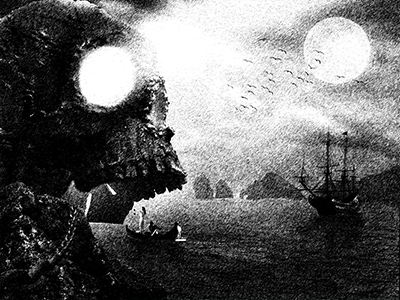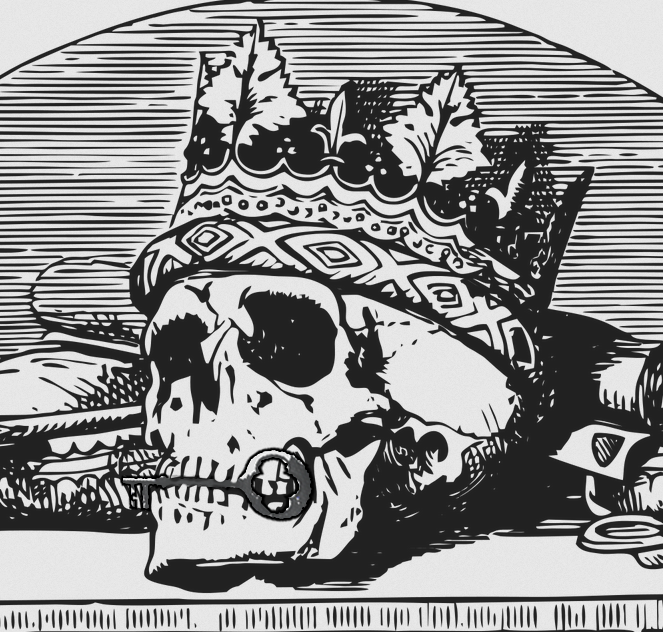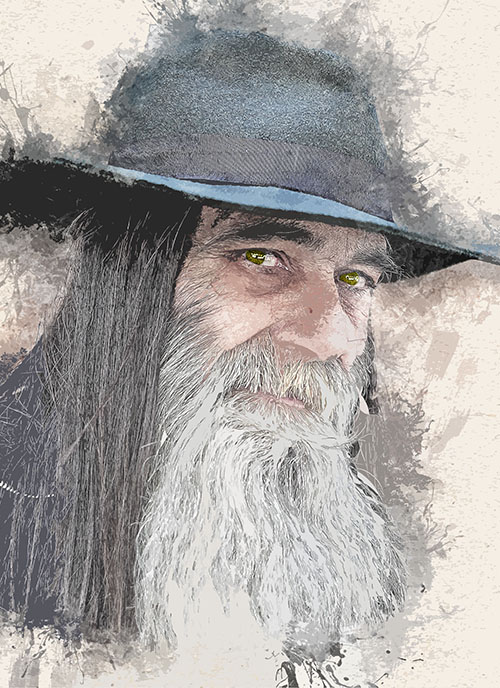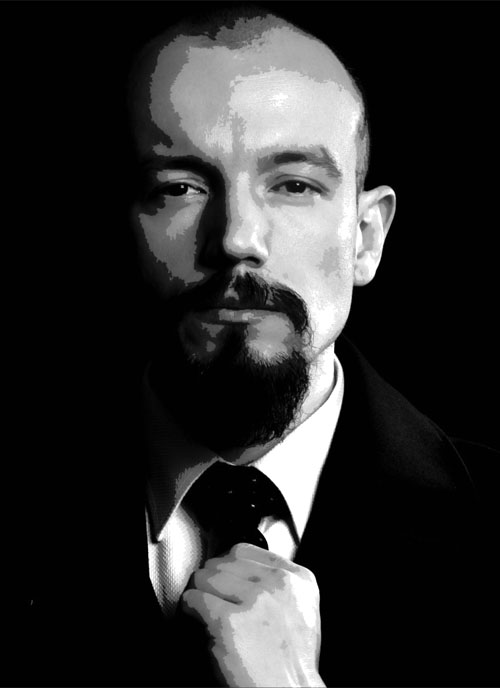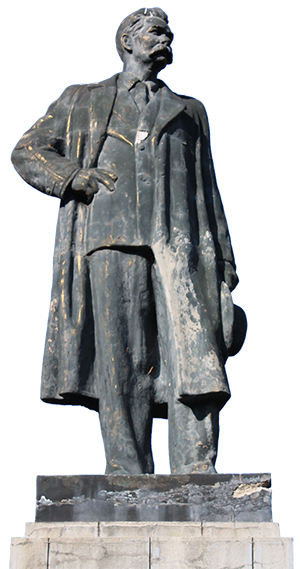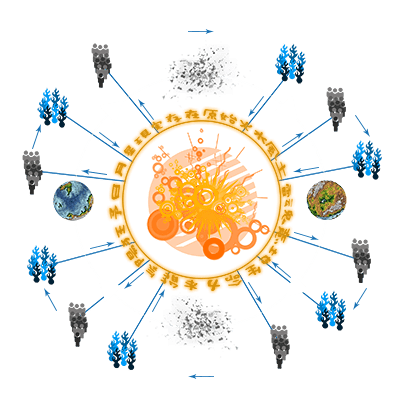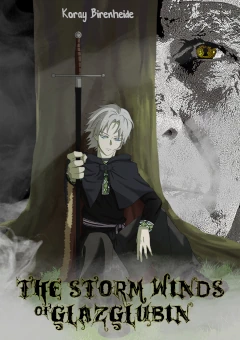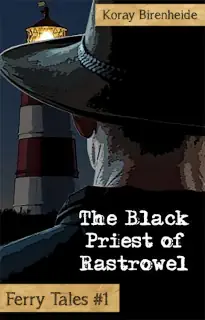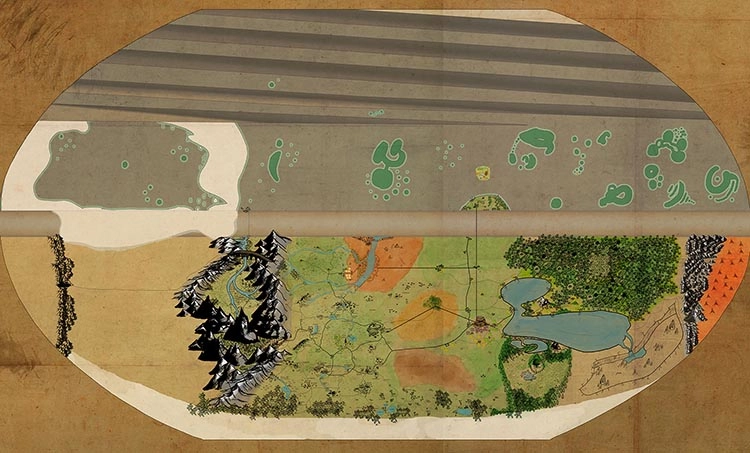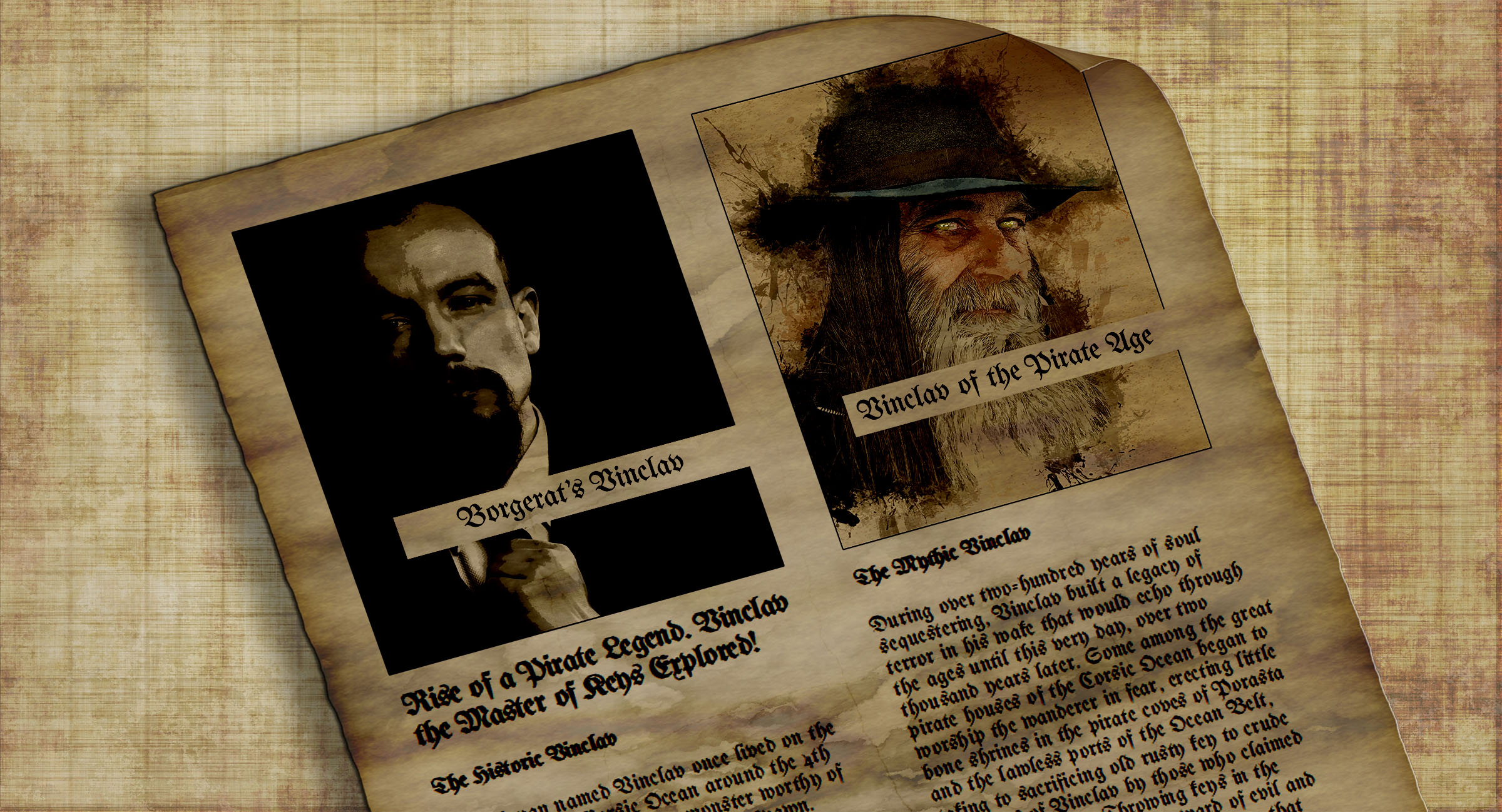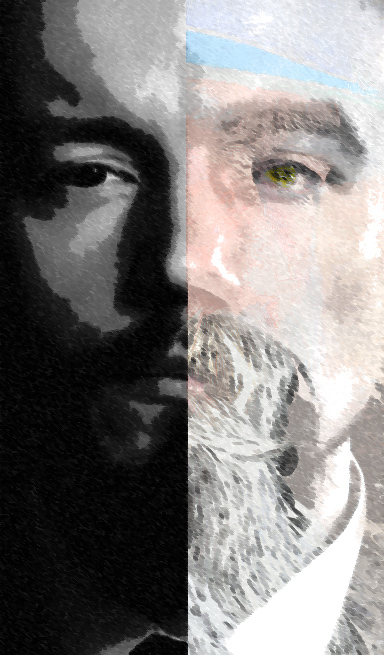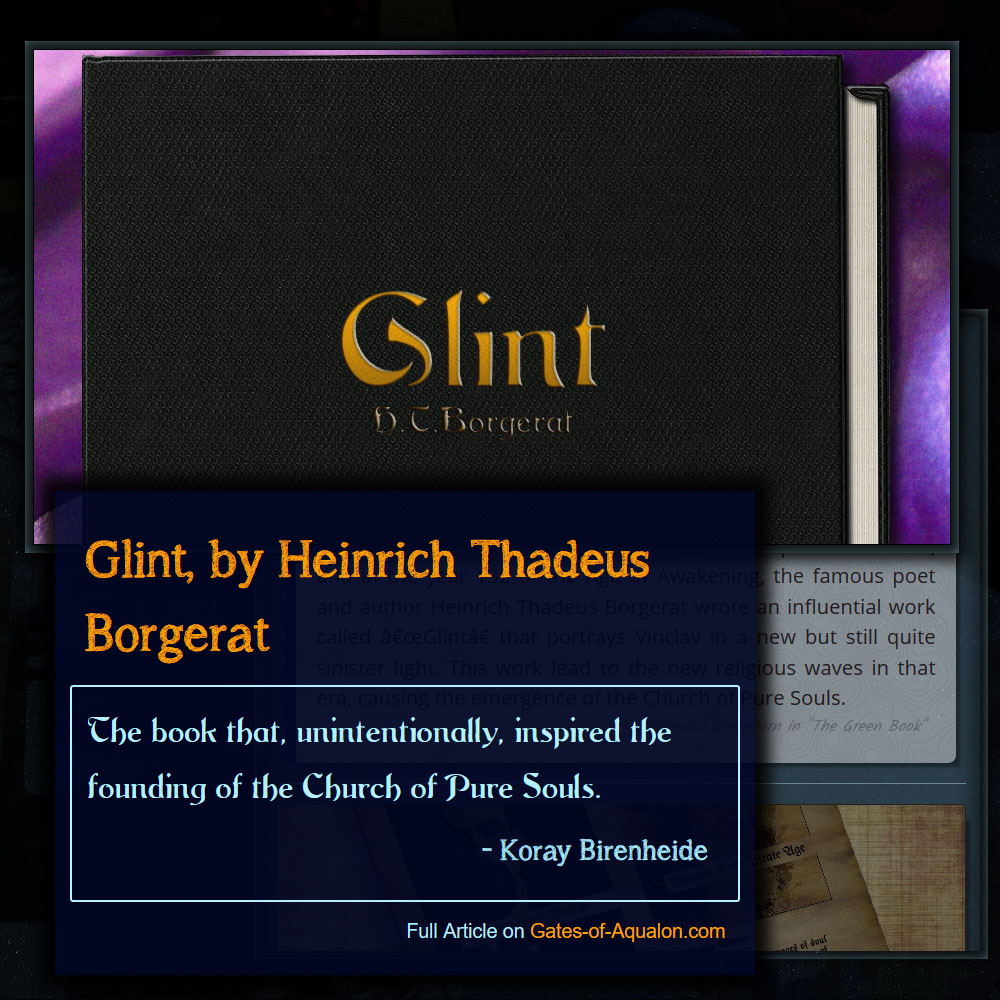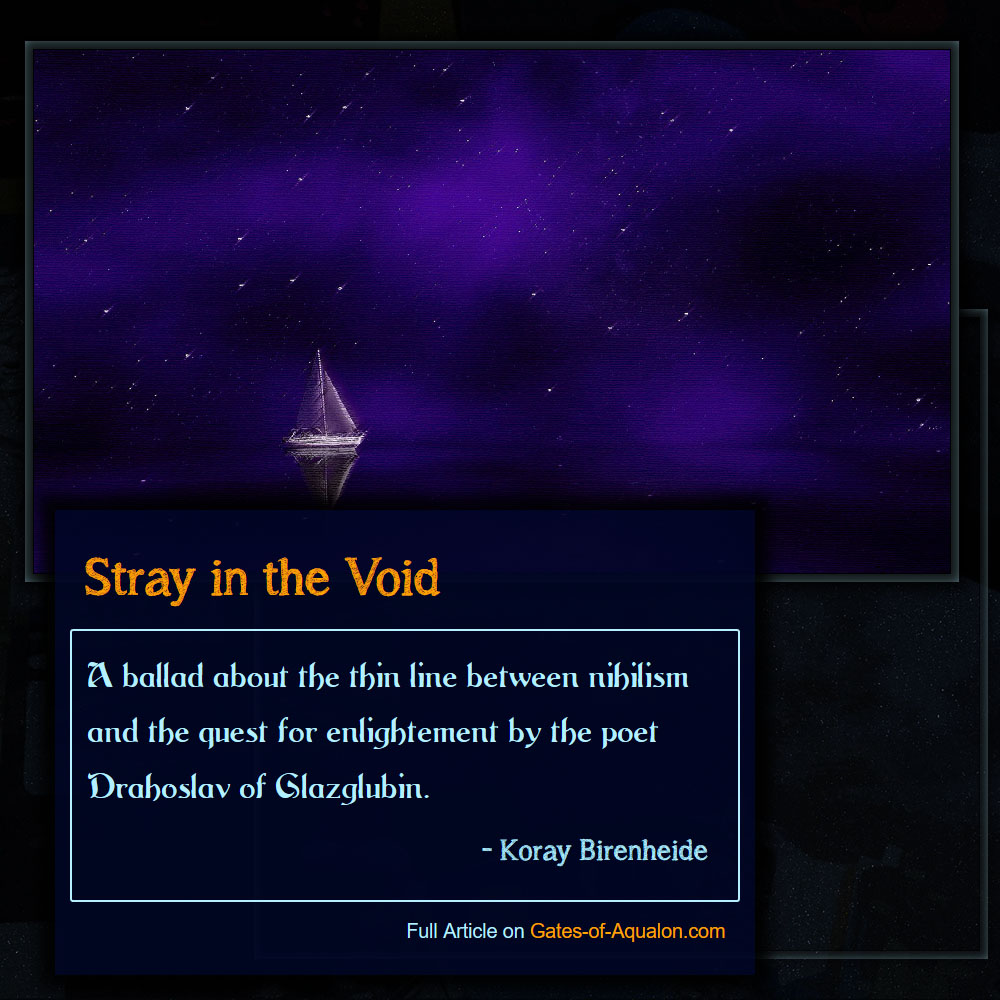Divine Classification
Mythic Devil/Mythic Manifestation of Worldly Desire
Eyes
Deep yellow (or just yellow when the light hits right in Borgerat's Glint)
Hair
Grey and shoulder long (from pirate lore), or short and black (from Borgerat's Glint).
Divine Domains
Souls, Gambling, Deals, Trickery,
Animancy,
Spellblight, Pirates, Thieves, Beggars
Holy Books and Codes
- The Gospel of Nacravler of the Church of Pure Souls
- The Gospel of St. Cerbal of the Church of Pure Souls
- Glint by Heinrich T. Borgerat
- Three by Five Shanties
Divine Symbols, Wards, and Talismans
- A human skull with a key in its mouth as his symbol (for pirate age Vinclav)
- A working pocket watch (also since the pirate age)
- A golden key as his symbol (the Church of Pure Souls)
- A fifteen-toothed gear talisman (the Church of Pure Souls)
The golden key represents the temptation of Vinclav.
Tenants of Faith
Now games and wagers are the life
Of sailors, pirates, fisher's wives;
But do beware the yellow eyes,
Don't bet to serve, your soul, your life
Always beware the yellow eyes.— Old Pirate Shanty
Of all these things you should abstain:
the hollow pleasures and desire,
the promises of evil games,
of wagers, and the mages' mire.— Prayer of Yorsef, from the Church of Pure Souls
Customs and Sayings
From the old pirate days these sayings and customs have prevailed or were adopted by the Church of Pure Souls.
When evil times come rear their head,
when dark things creep into your bed,
when thunder roars toss in the sea
for Vinclav a forgotten key— This custom is still practiced in the Corsic Ocean by many: when evil tidings come or dangerous words are spoken, the superstitious will throw an old, rusty key into the ocean to appease Vinclav.
Go make a wager!— This is the worst insult known on the face of Aqualon. While one may think that such a dubious honor would belong to insults pertaining to the offended party's mother, this little sentence actually implies the following: "Go die and have your soul shattered so you may never be reincarnated." Many have regretted saying this in anger. Either because they realized the severity of what they said or because of fists approaching their faces at rapid speeds.
There is a key for every lock.— This is a threat, implying that the addressed party is not as save as they may think. When uttered by a magus, it can also be perceived as a threat against one's soul.
To Vinclav's locker with you!— Vinclav's locker is where he presumably keeps his stolen souls. The implication here should be obvious.
Once a gambler, twice a blighter.— This saying is actually fairly new and comes from the current age, the Age of Gears and Elements. It is a warning against gambling, saying one will become a blighter in the sense that Vinclav will take them, and a second time from the presumable work with magic engines they will then have to do to repay their debts, likely contracting spellblight in the process.
Divine Goals
Vinclav ever aims to corrupt the hearts and souls of man, bending them to his will. In the end, he seeks to collect the souls for himself, one at a time, to one time surpass even the Great Clockwork. And if he has a little fun along the way? Well, what harm could there be in that...
Religious Days
The Day of Wishing-Keys
On this day, the 4th day of the sixth month, the inhabitants of Rastrowel go to lake Tarrenvel and toss a key into it, speaking out loud the deepest wish they hold in their hearts. Then they literally turn their backs on the lake, saying "Vinclav! I reject your temptation. Take thy key and then begone!", signifying that their faith is stronger than their worldly desires and signaling that Vinclav will find no fertile ground for his schemes on Rastrowel.
There are many thousands of keys at the bottom of lake Tarrenvel, and sometimes, when it is perfectly still and the sun hits it just right, they sparkle like stars.
